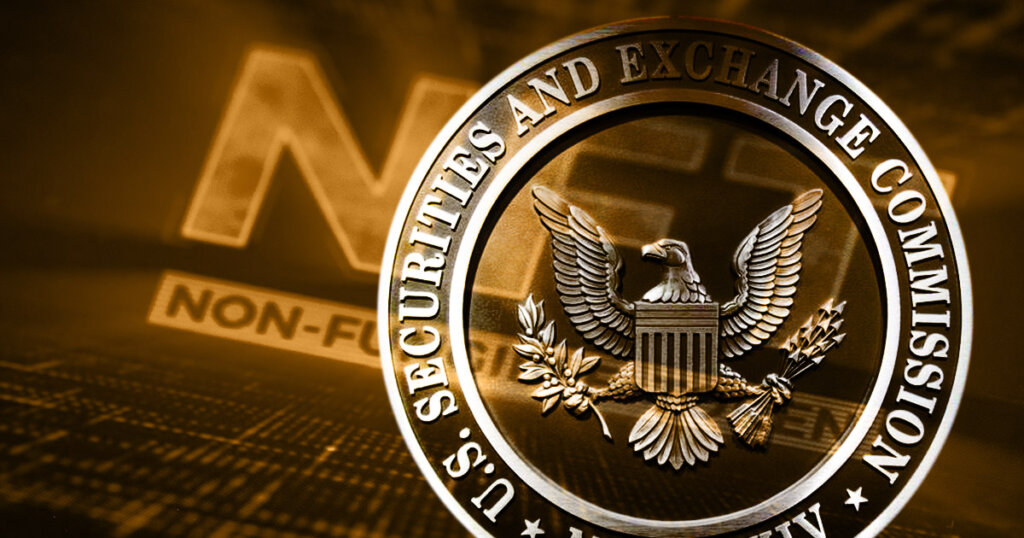The United States Securities and Exchange Commission (SEC) has implemented its first non-fungible token (NFT) enforcement action against Los Angeles-based firm, Impact Theory. Based on the regulatory agency, Impact Theory sold its NFTs as unregistered securities, a violation of federal law. This action ended in a legal settlement that needs Impact Theory to establish a fund to reimburse investors. Moreover, the firm will pay more than $6.1 million in penalties.
Impact Theory had raised nearly $30 million from selling three tiers of NFTs. While the SEC’s action against Impact Theory is a first, it does not universally categorize all non-fungible tokens as securities. Nevertheless, it does set up a legal precedent that may influence how NFTs are regulated in the coming months.
Divided Opinions Within The SEC
The SEC’s action never came without internal disagreement. Two Republican SEC commissioners, Mark Uyeda and Hester Peirce, opposed this enforcement action. The dissenting voices insist that the SEC’s application of the Howey Test – a legal infrastructure used to determine whether a financial transaction qualifies as an “investment contract” and therefore a security – was flawed in the context of Impact Theory’s NFT offerings.

The Howey Test comprises of four criteria that a transaction needs to meet to be considered a security: an investment of money, in a common business, with an expectation of monetary gain, derived mostly from the efforts of others. Commissioners Peirce and Uyeda insist that Impact Theory’s NFTs never met these criteria and should never be classified as securities.
A Look Into The Current Investigations
The landmark action against Impact Theory comes amid continuing investigations into other notable operators in the NFT sector, including Dapper Labs, the creators of NBA Top Shot, and Yuga Labs, the team behind the popular Bored Ape Yacht Club.
While no official charges have been made against these firms, the Securities and Exchange Commission’s action against Impact Theory might serve as an indicator that federal watchdogs are increasing their oversight of the quickly changing NFT space.
Considering the nascent nature of the NFT sector, market participants await more clarification from regulatory bodies. The Impact Theory case offers an initial infrastructure for understanding the way existing securities laws may be applied to NFTs, but it also opens up ways for discussion and legal issues that may shape the sector’s regulatory landscape for many years to come.
The Takeaway
In general, the SEC’s action against Impact Theory is considerable for what it represents – a step toward defining the legal restrictions that will help guide the NFT space. With disagreement within the SEC and current investigations into other prominent firms, it is clear that the regulatory discourse surrounding non-fungible tokens is far from being settled.
The latest development represents a cautionary note to all the stakeholders in the NFT industry. As the sector continues maturing, the need for compliant and transparent practices will just grow more acute.






1 comment